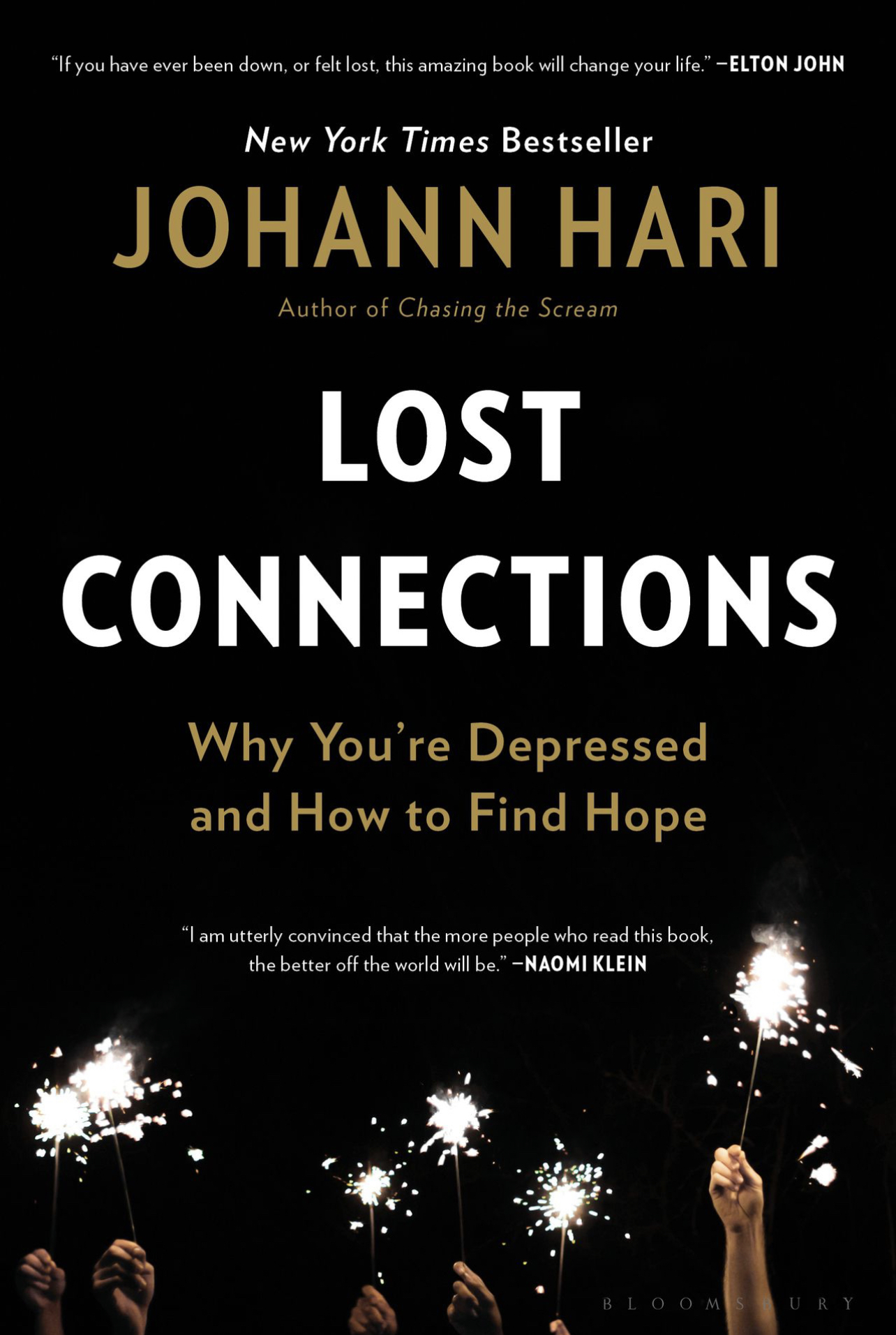← Lost Connections Uncovering the Real Causes of Depression - and the Unexpected Solutions
Lost Connections CHAPTER 6 Cause One Disconnection from Meaningful Work
Author: Johann Hari Publisher: Newyork, NY: Bloomsbury Publishing. Publish Date: 2018 Review Date: Status:📚
Annotations
88
If you worked in the civil service and you had a higher degree of control10 over your work, you were a lot less likely to become depressed or develop severe emotional distress than people working at the same pay level, with the same status, in the same office, as people with a lower degree of control over their work.
89
By contrast, if you were a top civil servant and you had an idea, you had a good chance of making it happen. That carried through to your whole existence. It informed how you saw the world. If you were a lower-rank civil servant, though, you had to learn to be passive. “Imagine a typical Tuesday morning12 in a large government department,” Michael wrote years later. “Marjorie from the typing pool comes to Nigel, who is eleven levels higher than her in the hierarchy, and says: ‘I’ve been thinking, Nige. We could save a lot of money if we ordered our supplies over the Internet. What do you think?’ I’ve been trying to imagine such a conversation, but my imagination fails me.”
90
You have to shut yourself down inside yourself to get through this—and Michael uncovered evidence that this affected your whole life. The higher up you went in the civil service, he found, the more friends and social activity you had after work. The lower you went, the more that tapered off—the people with boring, low-status jobs just wanted to collapse in front of the television when they got home. Why would that be? “When work is enriching, life is fuller, and that spills over into the things you do outside work,” he said to me. But “when it’s deadening,” you feel “shattered at the end of the day, just shattered.”
90
As a result of this research, and the science it opened up, “the notion of what constitutes stress at work has undergone a revolution,” Michael explains. The worst stress for people isn’t having to bear a lot of responsibility. It is, he told me, having to endure “work [that] is monotonous, boring, soul-destroying; [where] they die a little when they come to work each day, because their work touches no part of them that is them.” Joe, then, in his paint shop, by this real standard, had one of the most stressful jobs there is. “Disempowerment,” Michael told me, “is at the heart13 of poor health”—physical, mental, and emotional.
369
“Disempowerment,” Michael told me, “is at the heart This also helps to explain why the evidence shows people who are unemployed feel even worse than people in meaningless jobs. The primary way in which meaningless work causes depression is through a lack of control—and unemployed people have even less control over their lives. They have no financial resources, no social status, and no choices about their lives.
